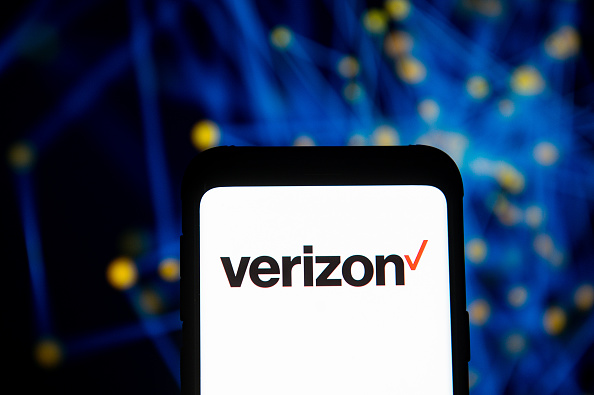The takeaways
- Verizon becomes the latest and largest advertiser to “pause” its ad spending on Facebook as part of the Stop Hate for Profit group’s boycott.
- Companies, including Unilever, openly criticise Facebook’s inaction on content featuring hate speech and misinformation.
- Verizon’s ad spend across Facebook and Instagram totals nearly $23m (£18.6m).
What happened?
Verizon, one of the largest global telecoms, announced yesterday that it will “pause” its Facebook advertising. The telecoms giant is the biggest advertiser yet to join a civil rights and advocacy groups-led boycott under the name and hashtag, “#StopHateforProfit” that is expected to last through July.
The boycott is due to Facebook’s inaction regarding its hosting of racist and violent third-party content, including incendiary posts by the U.S. President Donald Trump. Ad agency Goodby Silverstein, part of the Omnicom Group, also joined the boycott, while digital ad agency 360i urged its clients via email to join as well.
How is this affecting ads?
Stop Hate for Profit comprises groups including Sleeping Giants, which campaigns against ad purchases on hate sites. Verizon participated after the ADL published an open letter to Facebook advertisers that cited a Verizon ad appearing next to a “hateful and antisemitic” video by conspiracy group QAnon.
John Nitti, Verizon’s chief media officer, stated to CNBC that the ad suspension would be lifted once Facebook devised “an acceptable solution that makes us comfortable.”
Via media analysts Pathmatics, CNBC reported that Verizon’s ad spend across Facebook and Instagram totals nearly $23m (£18.6m). In 2019, Verizon pulled ads from YouTube when they appeared with videos promoting extremism or hate speech while paying the creators via the ad spend.
Carolyn Everson, vice president of Facebook’s Global Business Group, wrote to investors last weekend that “our policies [are] based on principals rather than business interests” or “revenue pressure”.









